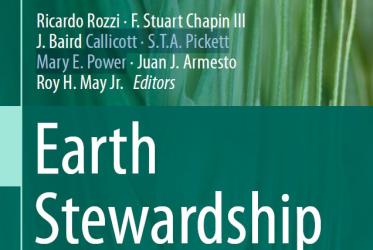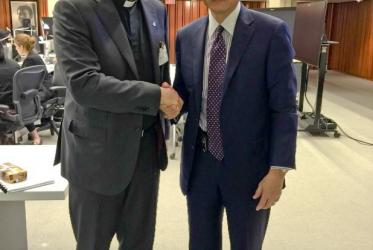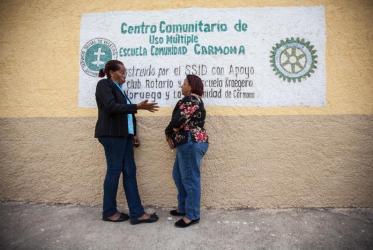Displaying 141 - 160 of 179
At UN, anti-nuclear majorities challenge nuclear-dependent minority
05 November 2015
Inspirations for Earth Stewardship
12 August 2015
WCC encourages churches to pray on Hiroshima Day
06 August 2015
Reclaiming our humanity
23 June 2015
Church leaders address statelessness in Dominican Republic
03 February 2015
Momentum builds for ban on nuclear weapons
16 December 2014
Indigenous faith leaders reflect on resilience and climate change
23 September 2014
Weaving together personal faith and climate change
23 September 2014
Heal the earth, fight against climate change
22 September 2014









